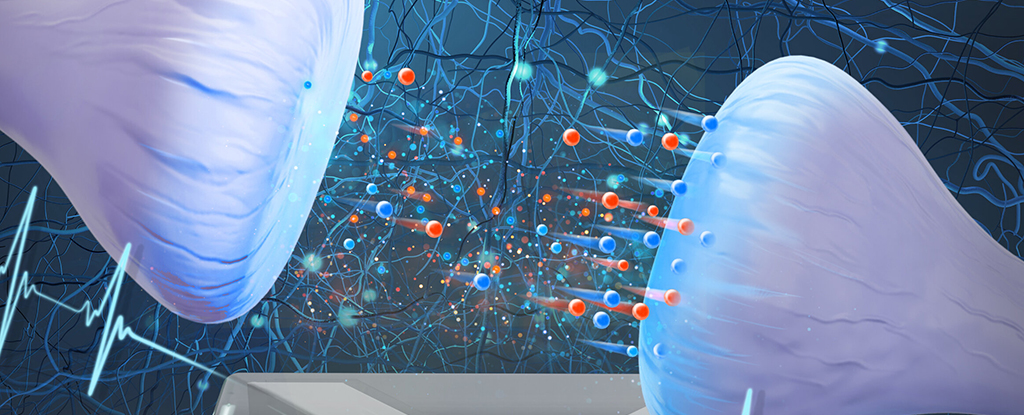
For the first time, researchers have simulated neurological junctions called synapses using the same water and salt ingredients the brain uses, contributing to an emerging field that combines biology with electronics called iontronics.

Mini brains grown in a lab from stem cells spontaneously developed rudimentary eye structures, scientists reported in a fascinating paper in 2021.

The circuit components can seamlessly switch between acting as resistors, memory capacitors, artificial neurons, and artificial synapses. A silicon brain that can rewire itself just like ours might not be so far away.

Such brain-inspired circuits could be built into small, portable devices, and would carry out complex computational tasks that only today's supercomputers can handle.

Earlier this year, US team announced they had grown a mini-brain with neural activity similar to that seen in a preterm infant. The ability to feel or experience the world around them, may be just around the corner — and all the ethical implications it brings.

After years of work, researchers in the UK have now cultivated one of the most sophisticated miniature brains-in-a-dish yet, and it actually managed to behave strange by spontaneously connecting itself to the nearby tissue.